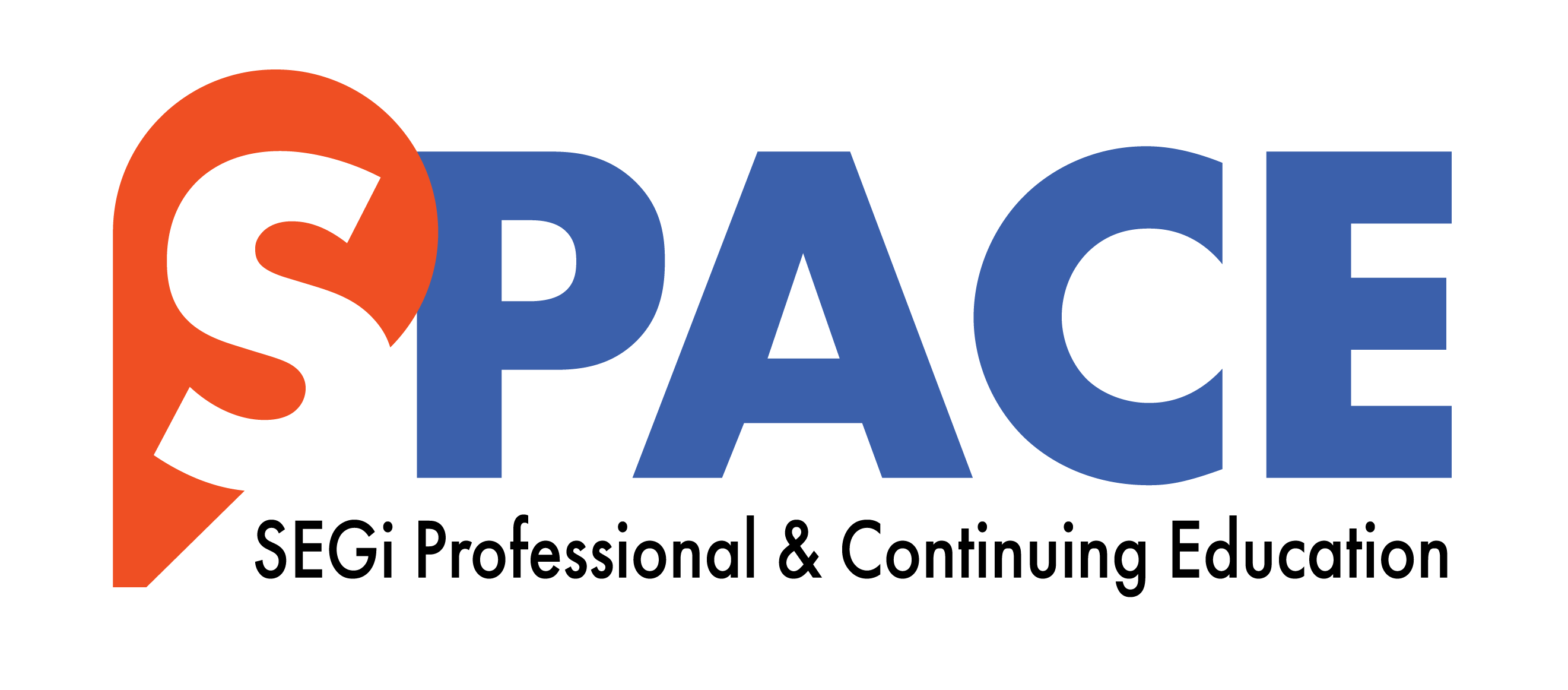Flexible Learning That Enhances Your Potential
Micro-credential certification in Industrial-Organisational Psychology PSY3204 (BPSY)
This subject focuses on increasing workplace productivity and issues faced in an organization. Students will be presented with techniques in assessing job roles, job performance and how organizational structure, management styles and office norms affecting people's behavior in an organization.

This programme is designed, delivered, assessed and awarded by SEGi University.
Entry Requirements - No
Age Experience - 23 Years Above
Language Proficiency - Yes
Numeracy Proficiency - No
Pre-requisites - No
- Introduction to I/O Psychology
- The Field of I/O Psychology
- Research in I/O Psychology
- Ethics in I/O Psychology
- Job Analysis and Evaluation
- Importance of Job analysis
- Employment Profile
- Job Evaluation
- Legal issues in employee selection
- The legal process
- Determining whether an employment decision is legal
- Employment Profile
- Harassment
- Privacy Issues
- Employee Selection: Interviewing and Recruiting
- Employee recruitment
- Employment Interviews
- Job Search Skills
- Employee Selection: Referencing and Testing
- Predicting Performance and Letters of Recommendation
- Predicting Performance using Applicant Training and education
- Predicting Performance using Applicant Knowledge
- Predicting Performance using Applicant ability
- Predicting Performance using prior experience
- Predicting Performance using personality, interest and character
- Predicting Performance limitations due to medical and psychological problems
- Evaluating Selection Tecniques and Decisions
- Characteristics of effective selection techniques
- Establishing the usefulness of a selection device
- Determining the fairness of a test
- Making the hiring decision
- Evaluating Employee Performance Designing and Evaluating Training Systems
- Determining training needs
- Establishing goals and objectives
- Choosing the best training method
- Delivering training program
- Motivating Employees to learn during training
- Ensuring transfer of training
- Evaluation of Training results
- Employee Motivation
- Is an employee predisposed to being motivated
- Are employees effectively involved in self-regulating behavior
- Have the employee's values and expectations been met?
- Do employees have achievable goals?
- Are employees receiving feedback on their goal progress?
- Are employees rewarded for achieving goals?
- Integration of Motivation theories
- Employee Motivation
- Is an employee predisposed to being motivated
- Are employees effectively involved in self-regulating behavior
- Have the employee's values and expectations been met?
- Do employees have achievable goals?
- Are employees receiving feedback on their goal progress?
- Are employees rewarded for achieving goals?
- Integration of Motivation theories
- Employee Satisfaction and Commitment
- Why should we care about employee attitude?
- What causes employees to be satisfied with and committed to their jobs?
- Measuring job satisfaction and commitment
- Organisational Communication
- Types of organizational communication
- Interpersonal communication
- Improving employee commuinication skills
- Organisational Development
- Managing Change
- Empowerment
- Flexible Work arrangements
- Downsizing
- Leadership Group Behaviour, Teams, and Conflict
- Personal characteristics associated with leadership
- Interaction between the leader and the situation
- Specific leader skills
- Cultural differences in leadership
- Group Dynamics
- Teams
- Group Conflict
- Stress Management
- Stress Defined
- Predisposition to stress
- Sources of stress
- Consequences of stress
- Managing Stress
Coursework - 60%
Exam - 40%
Upon successful completion of this Micro-credential certification in Industrial-Organisational Psychology (BPSY), students will be able to transfer grades and credits into the following programme(s):
Upon successful completion of this Bachelor of Psychology programme and meeting the necessary entry requirements, students will be able to progress into the following programme(s):
- Master of Psychology
